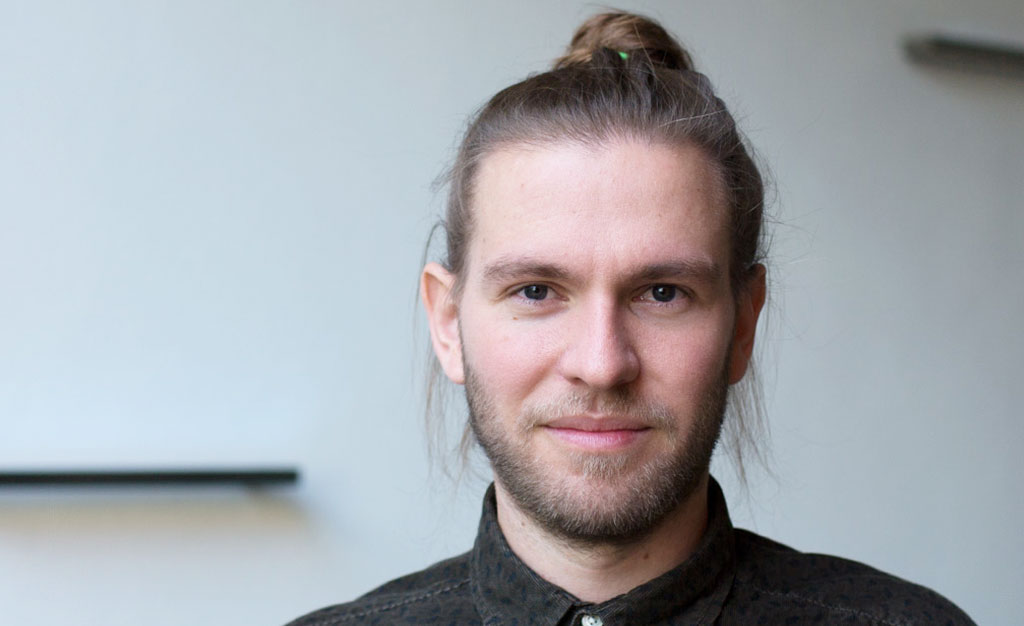
 Thomas Lipp
Thomas Lipp

04.04.2024
Lab Talk: Playful language learning
The starting point for Sarah, Sabrina and Paula’s research was how to adequately address a lack of motivation concerning learning at school.
The basic idea
Central to the learning concept and the resulting app was the focus on the effectiveness of intrinsic motivation. For their project, they chose English as the language to be learned.
To understand the field, they conducted interviews with secondary school children between the ages of 14 and 15 and their teachers. It quickly became clear that schools’ primarily performance-driven “operating system” is not designed to encourage or demand intrinsically motivated learning. Vocabulary tests and the curriculum dictate what is on the agenda, slowing down the development of self-interest. For many of the kids, stress predominates.
The findings from the interviews were the deciding factor in turning their attention to the extracurricular area. Using prototypes and tests, Sarah, Sabrina and Paula approached a new kind of knowledge acquisition:
Cosmo - Interest-based learning
In a tablet application, pupils can select fields of interest for their learning language. If a new field of interest is created, a small 3D landscape representing this interest grows within the app. Students can then dive into the 3D tile and generate as many missions as they like using a few parameters. Missions are small, real-life or everyday situations.
In the example shown, we saw a scenario at a camping fire in the field of interest “Traveling”: After a day on the road, we returned to the camp. Something seemed to have happened in the meantime. Now, it is up to us to find out what happened and react appropriately – in English.
The example immediately made clear how the three basic principles of the application are to be understood:
- Context-based learning (I choose the context in which I want to learn)
- Personal ("my pace" and no comparison to others)
- Independent (free exploration, decide, immerse myself)
„We distance ourselves from the conventional methods of language learning!”
What is actually taught?
"Headlight 5" by Cornelsen, the book most commonly used to learn English in Baden-Württemberg, serves as the teaching content. Some children were slightly irritated by the final application and wondered "where the vocabulary lists were". This reaction shows that learning and using a language is more than just two columns. Only by practising a balanced mixture of listening, speaking, writing, typing, etc., one can develop a genuine feeling for a language.
The work made us think about the school system’s problems in its current form, our kids and their learning behavior, the lack of adult education, and much more.
Thank you, Sarah, Sabrina and Paula, for the exciting insight into your work and the inspiring exchange on this topic.